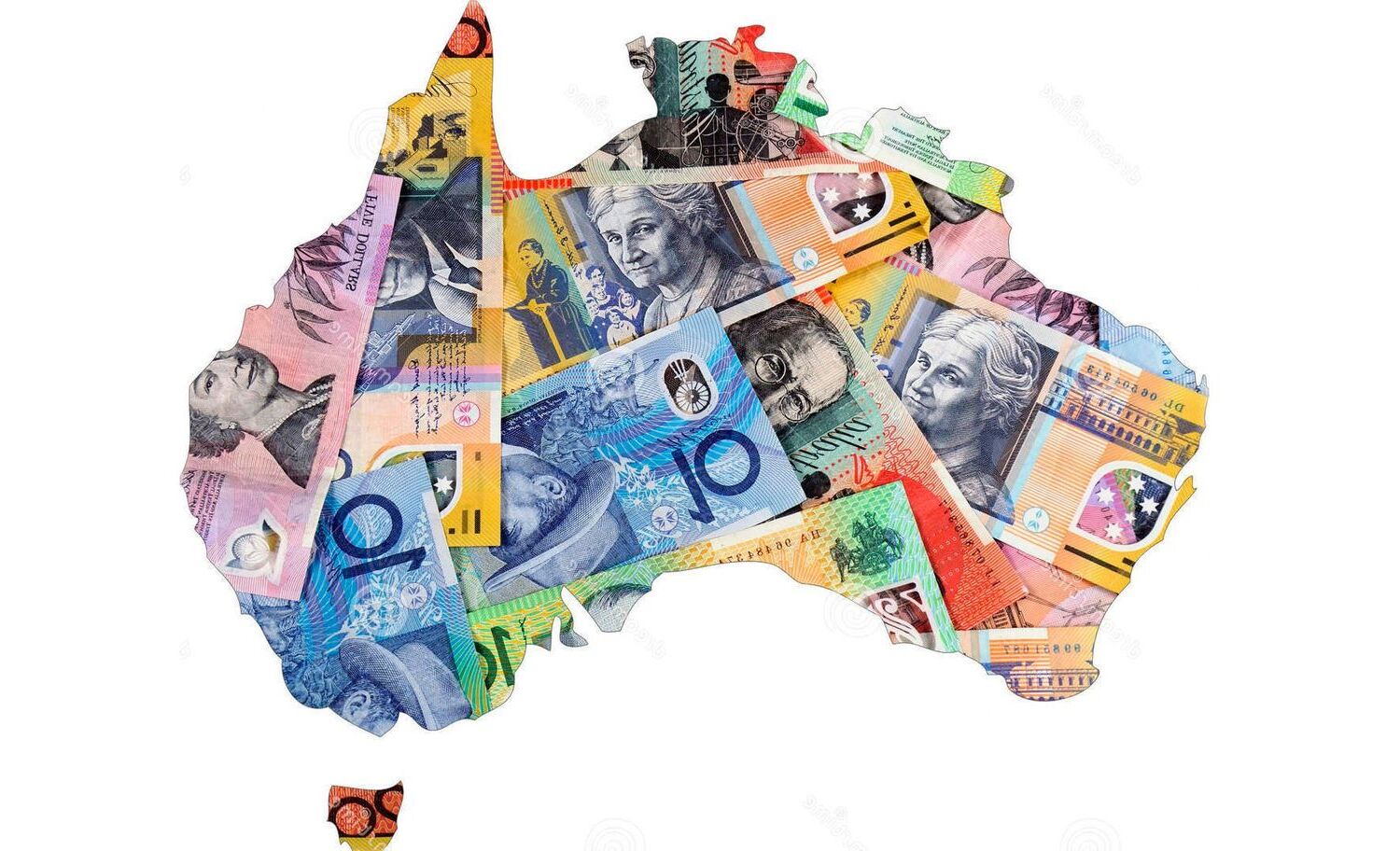
Australia's economy is a powerhouse, known for its resilience and diversity. Ever wondered what makes it tick? Australia's economy thrives on a mix of natural resources, innovation, and a robust services sector. From mining to tourism, this island continent has a lot going on. Did you know that Australia is one of the world's largest exporters of coal and iron ore? Or that its education sector attracts thousands of international students each year? With a strong focus on sustainability and technology, Australia continues to adapt and grow. Let's dive into 20 intriguing facts that highlight the strengths and unique aspects of this dynamic economy.
Overview of the Australian Economy
Australia, known for its stunning landscapes and unique wildlife, also boasts a robust and diverse economy. Here are some intriguing facts about the Australian economy that highlight its strengths and challenges.
-
Australia is the 13th largest economy in the world. Despite its relatively small population, Australia punches above its weight economically.
-
The Australian dollar is the fifth most traded currency globally. This reflects the country's significant role in international trade and finance.
-
Australia has experienced over 28 years of continuous economic growth. This remarkable streak was only interrupted by the COVID-19 pandemic.
-
The services sector accounts for around 70% of Australia's GDP. Key industries include finance, education, and tourism.
Key Industries and Exports
Australia's economy is heavily reliant on a few key industries and exports. These sectors drive growth and provide employment for millions.
-
Mining is a major contributor to the economy. Australia is rich in natural resources like coal, iron ore, and gold.
-
Australia is the world's largest exporter of iron ore. This commodity is crucial for global steel production.
-
Agriculture plays a significant role. Australia exports large quantities of beef, wheat, and wool.
-
Education is a top export service. International students flock to Australian universities, contributing billions to the economy.
Economic Challenges
Despite its strengths, the Australian economy faces several challenges that could impact future growth.
-
High household debt is a concern. Australians have some of the highest levels of household debt in the world.
-
Housing affordability is a major issue. Property prices in cities like Sydney and Melbourne are among the highest globally.
-
Climate change poses a significant risk. Extreme weather events can disrupt agriculture and other industries.
-
Dependence on China is risky. China is Australia's largest trading partner, making the economy vulnerable to geopolitical tensions.
Government and Economic Policies
Government policies play a crucial role in shaping the Australian economy. Here are some key aspects of economic governance in Australia.
-
Australia has a progressive tax system. Higher income earners pay a higher percentage of their income in taxes.
-
The Reserve Bank of Australia sets monetary policy. It aims to maintain low inflation and support economic growth.
-
Australia has free trade agreements with several countries. These agreements help boost exports and economic ties.
Technological Advancements and Innovation
Innovation and technology are increasingly important for the Australian economy. These advancements drive productivity and create new opportunities.
-
Australia is a leader in renewable energy. The country has significant investments in solar and wind power.
-
The tech sector is growing rapidly. Startups and tech companies are becoming a vital part of the economy.
-
Australia invests heavily in research and development. This supports innovation across various industries.
Social and Economic Indicators
Social and economic indicators provide a snapshot of the overall health and well-being of the Australian population.
-
Australia has a high standard of living. It consistently ranks high in global quality of life indices.
-
Unemployment rates are relatively low. The country has a strong labor market, although some regions face higher joblessness.
Final Thoughts on the Australian Economy
Australia's economy is a fascinating mix of natural resources, innovation, and global trade. From its rich mineral deposits to its booming tourism industry, the country has a lot going for it. Agriculture plays a significant role, with products like wheat and beef being major exports. The service sector is also a powerhouse, contributing to a large portion of the GDP.
Trade relationships with countries like China and the United States are crucial for economic growth. The Australian dollar remains strong, reflecting the country's robust financial health. Urbanization and infrastructure development continue to shape the economic landscape.
Understanding these facts gives a clearer picture of why Australia is a key player on the global stage. Keep an eye on this dynamic economy; it's always evolving and full of surprises.
Was this page helpful?
Our commitment to delivering trustworthy and engaging content is at the heart of what we do. Each fact on our site is contributed by real users like you, bringing a wealth of diverse insights and information. To ensure the highest standards of accuracy and reliability, our dedicated editors meticulously review each submission. This process guarantees that the facts we share are not only fascinating but also credible. Trust in our commitment to quality and authenticity as you explore and learn with us.


